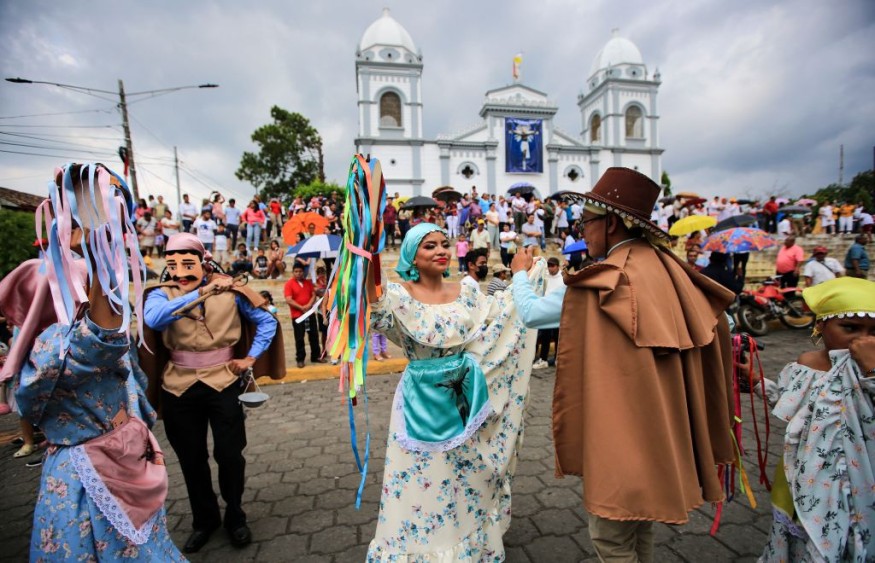Nicaragua Culture: A Mix of Spanish and Indigenous Cultures

Much like many countries in Latin America, Nicaragua's culture stems from a mix of local indigenous culture and Spanish culture. In its case, Nicaragua takes most of its indigenous identity from the Chorotega and the Nahuatl.
According to Mapa Nicaragua, while it got most of its history is linked with the Spaniards thanks to Spanish colonization, Nicaragua has kept many of its cultural traditions, including its native dances with different musical rhythms, heritage cities, and gastronomy.
Right now, the country remains a multiethnic, multilingual, and multicultural hub with four UNESCO heritage sites that show the country's various cultures.
Like most of its other neighbors in Latin America, Nicaragua is majority Roman Catholic. However, the current repression being done against the Roman Catholic Church by the current Daniel Ortega regime is a whole different story.
Roman Catholic Traditions Still Prominent in Nicaragua's Culture Despite Repression
Much like other former Spanish colonies like Mexico, Cuba, the Philippines, and Peru, the colonizers introduced a new religion to the country, and that is Catholicism, with the majority of the country's population still identifying as Roman Catholic.
In the country's Pacific Lowlands, the Catholic faith is more prominent, with a widespread practice of Roman Catholic traditions such as the Semana Santa, or Holy Week. Christmas is also seen as one of the country's most important holidays, along with Easter, and this is all thanks to the Catholic faith.
Read also: Nicaragua: Bishop Rolando Alvarez Freed
However, the eastern half of Nicaragua was once a British protectorate and English is often spoken in parts of that area instead of Spanish, according to Cross International. While Catholics dominate most of the country, many in Eastern Nicaragua identify as Protestants.
Around 73% of Nicaragua are Roman Catholics, with the country treating many Roman Catholic holidays such as Christmas, Easter, and various fiestas as holidays. As for the Protestants, they make up 15% of the country, though this is further divided into various evangelical congregations. There are also several native pre-colonial religions that are still being practiced, especially in the country's most remote regions.
Nicaragua Etiquette and Table Manners
Nicaragua also does things differently in terms of etiquette and table manners, according to International Living, especially when it comes to certain foods.
Some dishes, such as the cheap street food known as vigoron, which is yucca with pork and cabbage wrapped in a banana leaf, are eaten with your fingers instead of utensils. For sit-down restaurants, Nicaraguans who already have their food served will not wait for you and will begin eating even if your order has not arrived yet. While many in the West find this practice rude, it is very common in Nicaragua as e food gets cold quickly here, so it's best to eat when it is served.
As for etiquette, Nicaraguans are often described as very passive people who do not like to insinuate themselves into somebody else's life. Nicaraguans often do not like asking personal questions and as much as possible, they do not like conflicts and stay far away from it as much as possible.
READ NEXT : Daniel Ortega Net Worth
This article is owned by Latin Post.
Written by: Rick Martin
WATCH: Visit Nicaragua - The DON'Ts of Nicaragua - Wolters World
Subscribe to Latin Post!
Sign up for our free newsletter for the Latest coverage!















